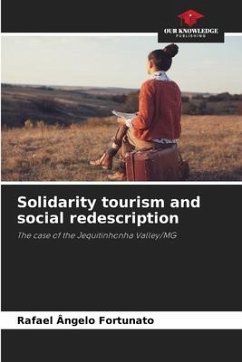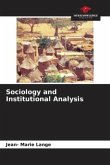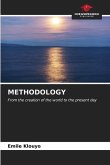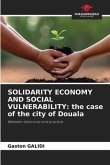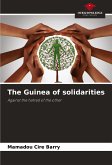This book presents the process of implementation of the Solidarity Tourism Program by the government of Minas Gerais in the Jequitinhonha Valley - MG, as well as the characteristics and meanings that it has acquired, both with the residents of the target localities and the so-called solidarity tourists, and assesses the state of the art of similar modes of tourism that occurs in the Valley, with emphasis on some cases in the favelas of Rio de Janeiro. The work focuses on the appropriation by the population of the guidelines and theoretical and methodological aspects of the proposal of this Programme; the perception of the residents in relation to the tourism that occurs there; the framework in which the encounters in solidarity tourism occur; the meanings of solidarity tourism and the indicators of solidarity tourism.

